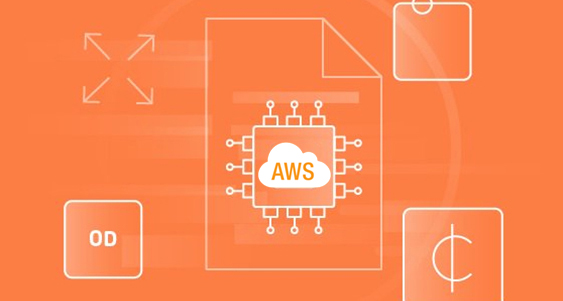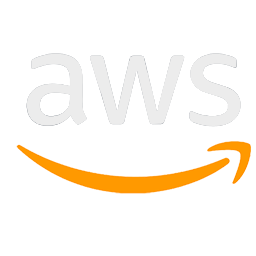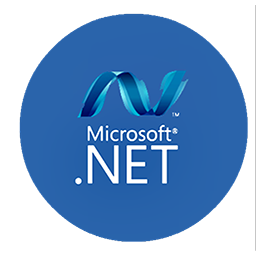AWS DevOps Engineer

Introduction
This training program is in collaboration with AWS. The program answers that what is DevOps, the transition to it, and the technology stack it takes. Learn how to automate the infrastructure with Terraform and AWS Cloud Formation – Infrastructure as Code. Covers Terraform with AWS, CI/CD, Cloud Formation, Docker, ECS, Jenkins and more.
What is DevOps
DevOps is a set of practices that combines software development (Dev) and information-technology operations (Ops) which aims to shorten the systems development life cycle and provide continuous delivery with high software quality. An academic definition is – A set of practices intended to reduce the time between committing a change to a system and the change being placed into normal production while ensuring high quality.
Training Progression / Objectives
During this training program, we will do the following modules
- AWS Cloud Practitioner Essentials
- AWS Well-Architecture Best Practices
- AWS Serverless Code Pipeline
- AWS Certified DevOps Engineer – Professional (Optional)
Learning Material
AWS Documentation: Find user guides, developer guides, API references, tutorials, and more on the following URL:
Who Should Attend
- Designed for software engineers (entry-level to professional) to design the CI/CD pipeline.
- A CS/EE graduate or final year student can join this course.
- The course is also valuable for architects, testers, and product managers as they too should understand the platform and how development works with data extensive architectures.
Code of Conduct
Attendance: Students are expected to attend every class to the best of their ability – Emergencies may happen, therefore, we understand. If something comes up we ask that you notify the instructor or the management team ahead of time when possible. This includes calling or emailing if you are going to be late for a class. If you miss three or more classes for any reason, we may ask that you make up that time to ensure maximum learning opportunities.
Conduct: Please remember that this training is a job preparedness program for your future career. Conduct yourself in a professional manner and participate regularly in class. Remember that we operate in a diverse environment. Please be respectful to your fellow students, instructor, and management team members. Avoid distractions such as phone calls and texting.
Homework: Homework opportunities will be given regularly and should not take more than a day. The first few minutes of class will be consumed to go over homework and any questions students have regarding the homework. Although homework is optional, it is encouraged to increase understanding of subject matter.
Course Outline
- Introduction to DevOps
- What and Why DevOps?
- DevOps Market Trends
- DevOps Ecosystem
- Introduction to AWS Services used in DevOps
- AWS DevOps Toolbox
- Code Commit
- Code Build
- Code Pipeline
- Version Control of Codebase
- AWS Code Commit
- Working with GIT
- GitHub, GitLab, BitBucket
- Common Commands
- Git and Jenkins Integration
- Git workflows
- Git cheat sheet
- Introduction to Jenkins
- Introduction to DevOps on Cloud
- AWS Cloud
- Continuous Integration using Jenkins
- AWS Code Pipeline
- Jenkins Delivery Pipeline
- Pipeline as a Code
- Continuous Testing with Unit Tests
- Continuous Deployment:
- Containerization with Docker
- Containerization using Kubernetes
- Infrastructure as a Code
- YAML and JSON
- Terraform
- Cloud Formation
- Docker on AWS using ECS and ECR
- Introduction to Docker
- Building Docker images
- Demo: Running a NodeJS app on ECS
- Introduction to AWS EKS














































